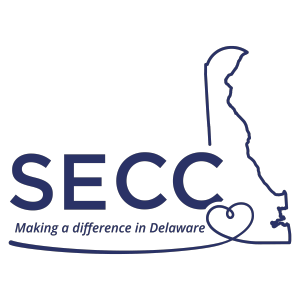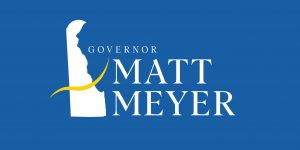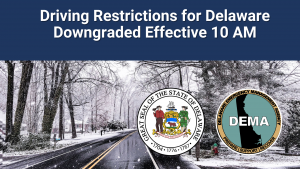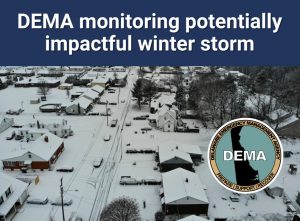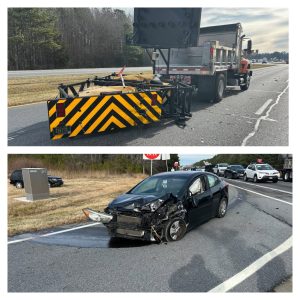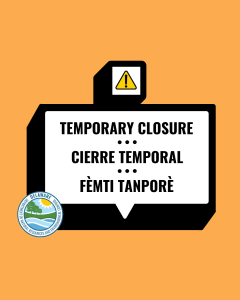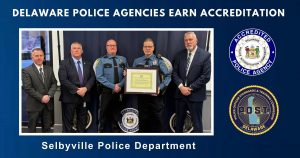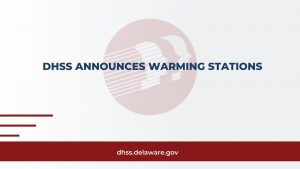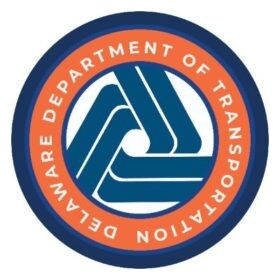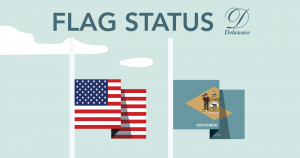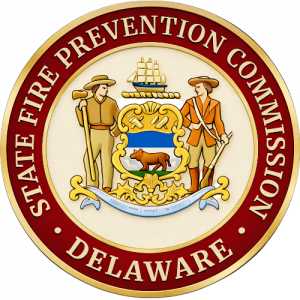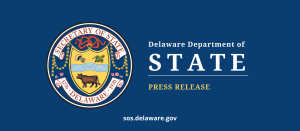As part of the state’s ongoing effort to reduce the number of heroin and opioid related deaths in Delaware, Attorney General Matt Denn allocated funds to be used to purchase approximately 450 naloxone kits for law enforcement agencies through a partnership with the Delaware Division of Public Health (DPH). The approximately $50,000 for the purchase comes from the state’s Special Law Enforcement Assistance Fund (SLEAF).
Administration of naloxone can reverse the potentially fatal respiratory depression caused by overdose of heroin and other opioids. Availability of naloxone to law enforcement, emergency medical providers, school nurses and trained community volunteers have been expanding over the past two years, spurred by legislative measures and efforts by government agencies to purchase or get donated doses of naloxone. Police officers in six departments — New Castle County, Elsmere, Newark, Middletown, Smyrna and Ocean View — have saved lives with the naloxone they were carrying.
The allocation was recommended by the SLEAF Committee consisting of representatives of law enforcement from around the state, based on an application submitted by the Department of Justice (DOJ).
“When releasing my plan to address substance use disorders last summer, I specifically encouraged our state’s law enforcement community to expand the number of officers who carry naloxone,” said Attorney General Denn, “but unfortunately, the cost of the medication made it prohibitive. I’m very pleased that the SLEAF application, drafted by Deputy Attorney General Mike Undorf from our Fraud & Consumer Protection Division, received all of the necessary approvals and will soon put this lifesaving tool in the hands of our officers.”
In 2014, Gov. Jack Markell signed legislation allowing law enforcement departments to carry and administer naloxone.
“The first step toward recovery from addiction is to save the life,” Department of Health and Social Services Secretary Rita Landgraf said. “We are grateful that Attorney General Denn and the Special Law Enforcement Assistance Fund believe that providing naloxone to more police officers is an important step in breaking the horrific cycle of addiction. Once an individual’s life is saved, we can connect them to treatment so they can live a full and healthy life in long-term recovery.”
DPH will purchase and distribute the kits over the next two to three months.
“Delaware is in the middle of an opioid addiction epidemic like much of the nation,” said DPH Director Dr. Karyl Rattay. “Too many people are dying. Naloxone is a proven method for reversing drug overdoses and expanding access in the community can save lives. We are so pleased Attorney General Denn is securing the funding to meet this important community need.”
Advocacy organization atTAcK Addiction has been one of the leading proponents of naloxone deployment in Delaware.
“atTAcK addiction is extremely pleased to hear of this funding source for the lifesaving medication naloxone,” said atTAcK Addiction board member David Humes. “Currently only 6 of 47 departments of peace officers are trained and carrying naloxone. With greater funding availability we believe it will eliminate a perceived obstacle to those departments of law enforcement who wish to put a priority on saving lives.”
SLEAF is funded by money obtained through criminal forfeiture actions, and is administered through the Department of Justice to enhance the suppression, investigation and prosecution of criminal activity, promote officer safety, facilitate the training of law-enforcement personnel, further public safety, public education, and community awareness and improve victim services.
The funding for expanded use of naloxone was one piece of a plan announced by the Attorney General last August to reduce overdose deaths. Other proposals underway include: strengthening regulations that govern the amount of care that health care providers must exercise in prescribing opiate drugs, with revised regulations are currently out for public comment; and creation of a commission to review deaths caused by prescription opiate and heroin overdoses, approved recently by the General Assembly and Governor in Senate Bill 174.






